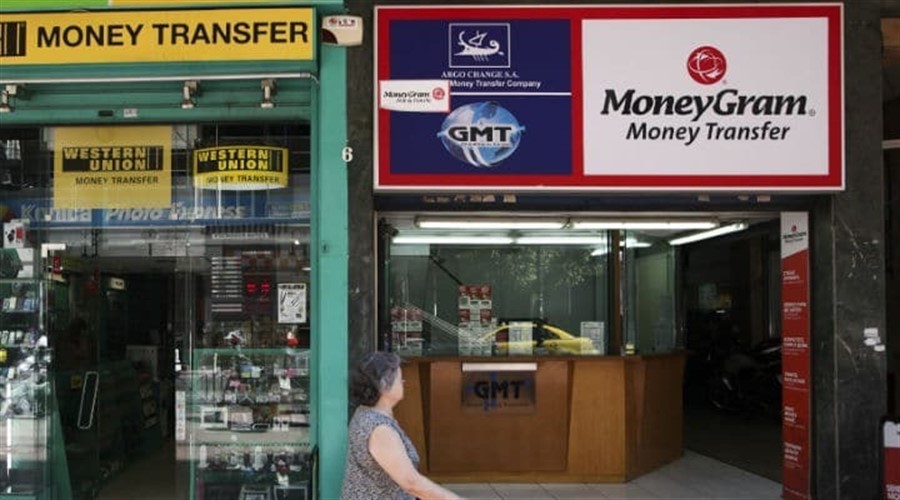
The United States has
started the disbursement of a total of $115 million as compensation to 38,889 victims of
fraud schemes processed by MoneyGram. The victims, who are mostly elderly, are
being compensated in full via the US Postal Inspection Serivce (USPIS), the
Department of Justice (DOJ) announced in a statement on Friday.
The disbursement comes
12 years after MoneyGram entered into a deferred prosecution
agreement (DPA) with the DOJ for “willfully failing” to maintain an anti-money
laundering system that prevents fraud, especially against vulnerable groups.
DOJ explained that
MoneyGram extended the DPA in November 2018 and made additional enhanced
compliance obligations. As part of the extension, the American cross-border
peer-to-peer payments and money transfer company forfeited $125 million, DOJ said, adding that the amount covered for the amount of consumer fraud transactions the company processed and is part of the terms of the DPA.
“The USPIS is using
these forfeited funds to compensate the victims of the fraud through the
remission process. MoneyGram completed its DPA in May 2021,” DOJ added.
Meanwhile, in a separate development, cryptocurrency exchange Kraken on Friday agreed to pay $30 million to the United States
Securities and Exchange Commission (SEC) after the US regulator accused the
exchange of failing to register its staking -as-a-service programme. As part of
the settlement deal, Kraken also agreed to stop offering the programme to its
US customers.
However, while Kraken in a blogpost confirmed that it will immediately bar US customers from accessing the on-chain staking service, the cryptocurrency
exchange noted it will ‘unstake’ staked Ether only after the upcoming Shanghai
upgrade.
In its criticism of Kraken’s staking programme, the SEC noted that the
offering offered “very little protection” despite the risks involved.
“Whether it’s through staking-as-a-service, lending, or other means,
crypto intermediaries, when offering investment contracts in exchange for investors’
tokens, need to provide the proper disclosures and safeguards required by our
securities laws,” Gary Gensler, SEC’s Chair, explained.
The United States has
started the disbursement of a total of $115 million as compensation to 38,889 victims of
fraud schemes processed by MoneyGram. The victims, who are mostly elderly, are
being compensated in full via the US Postal Inspection Serivce (USPIS), the
Department of Justice (DOJ) announced in a statement on Friday.
The disbursement comes
12 years after MoneyGram entered into a deferred prosecution
agreement (DPA) with the DOJ for “willfully failing” to maintain an anti-money
laundering system that prevents fraud, especially against vulnerable groups.
DOJ explained that
MoneyGram extended the DPA in November 2018 and made additional enhanced
compliance obligations. As part of the extension, the American cross-border
peer-to-peer payments and money transfer company forfeited $125 million, DOJ said, adding that the amount covered for the amount of consumer fraud transactions the company processed and is part of the terms of the DPA.
“The USPIS is using
these forfeited funds to compensate the victims of the fraud through the
remission process. MoneyGram completed its DPA in May 2021,” DOJ added.
Meanwhile, in a separate development, cryptocurrency exchange Kraken on Friday agreed to pay $30 million to the United States
Securities and Exchange Commission (SEC) after the US regulator accused the
exchange of failing to register its staking -as-a-service programme. As part of
the settlement deal, Kraken also agreed to stop offering the programme to its
US customers.
However, while Kraken in a blogpost confirmed that it will immediately bar US customers from accessing the on-chain staking service, the cryptocurrency
exchange noted it will ‘unstake’ staked Ether only after the upcoming Shanghai
upgrade.
In its criticism of Kraken’s staking programme, the SEC noted that the
offering offered “very little protection” despite the risks involved.
“Whether it’s through staking-as-a-service, lending, or other means,
crypto intermediaries, when offering investment contracts in exchange for investors’
tokens, need to provide the proper disclosures and safeguards required by our
securities laws,” Gary Gensler, SEC’s Chair, explained.
